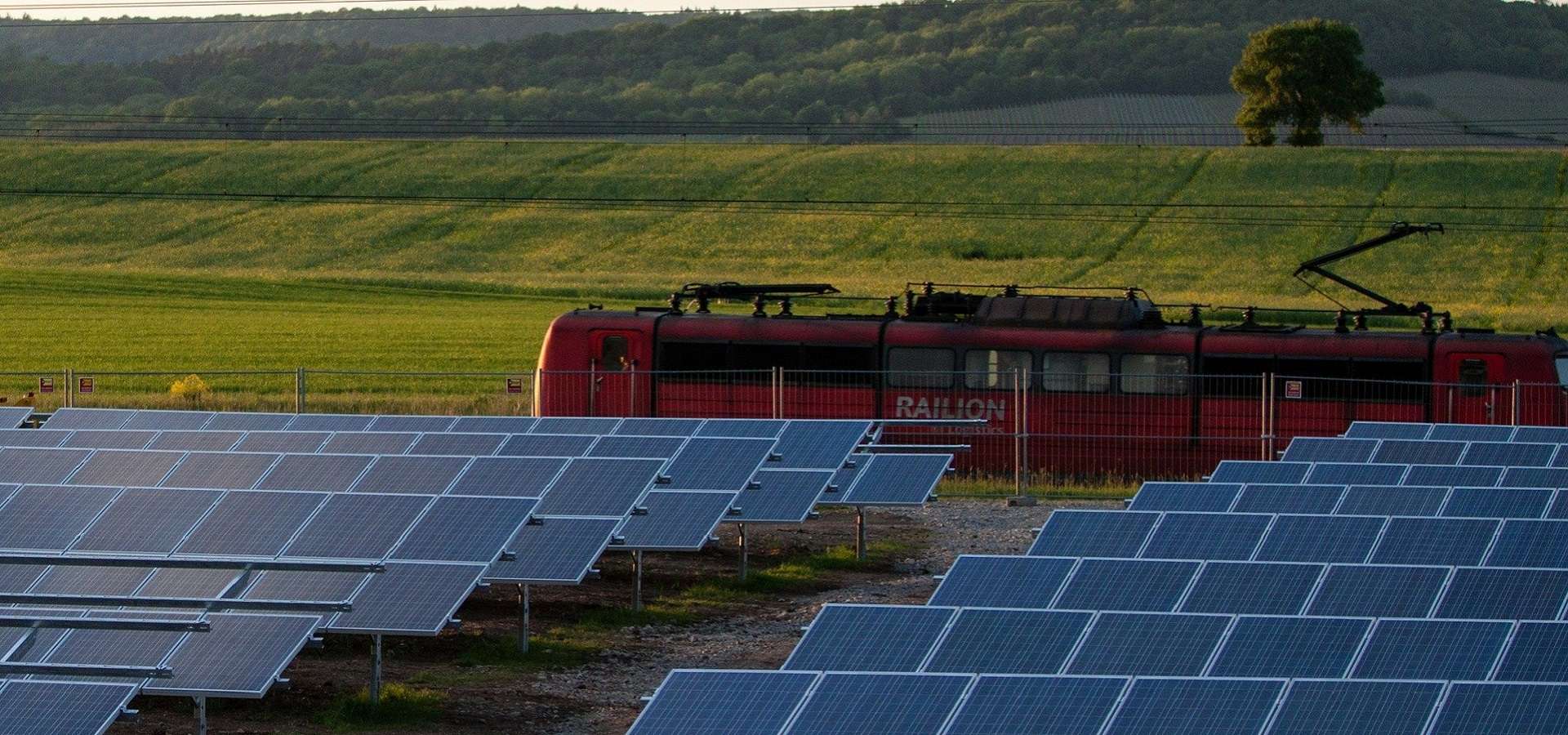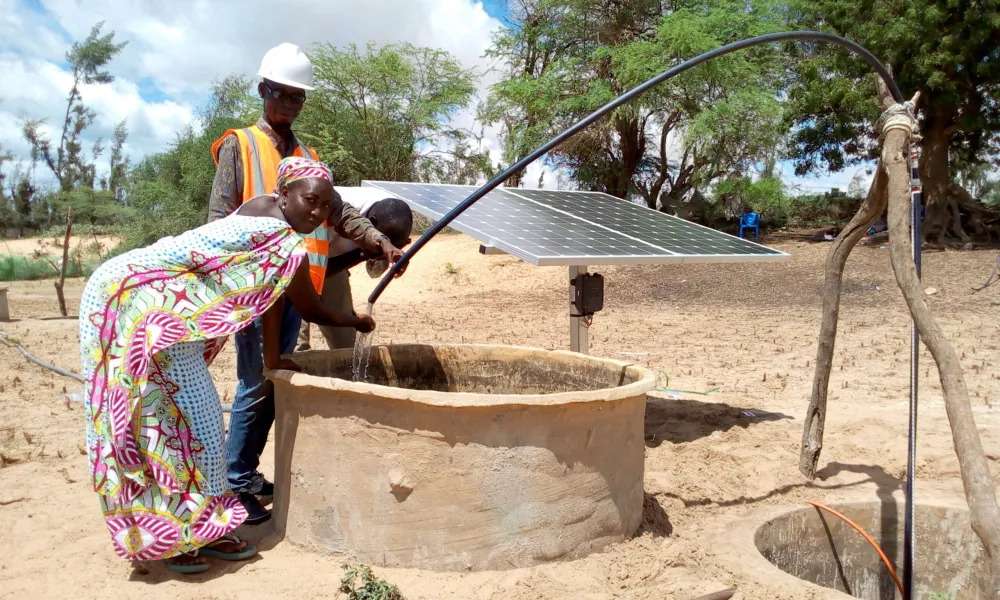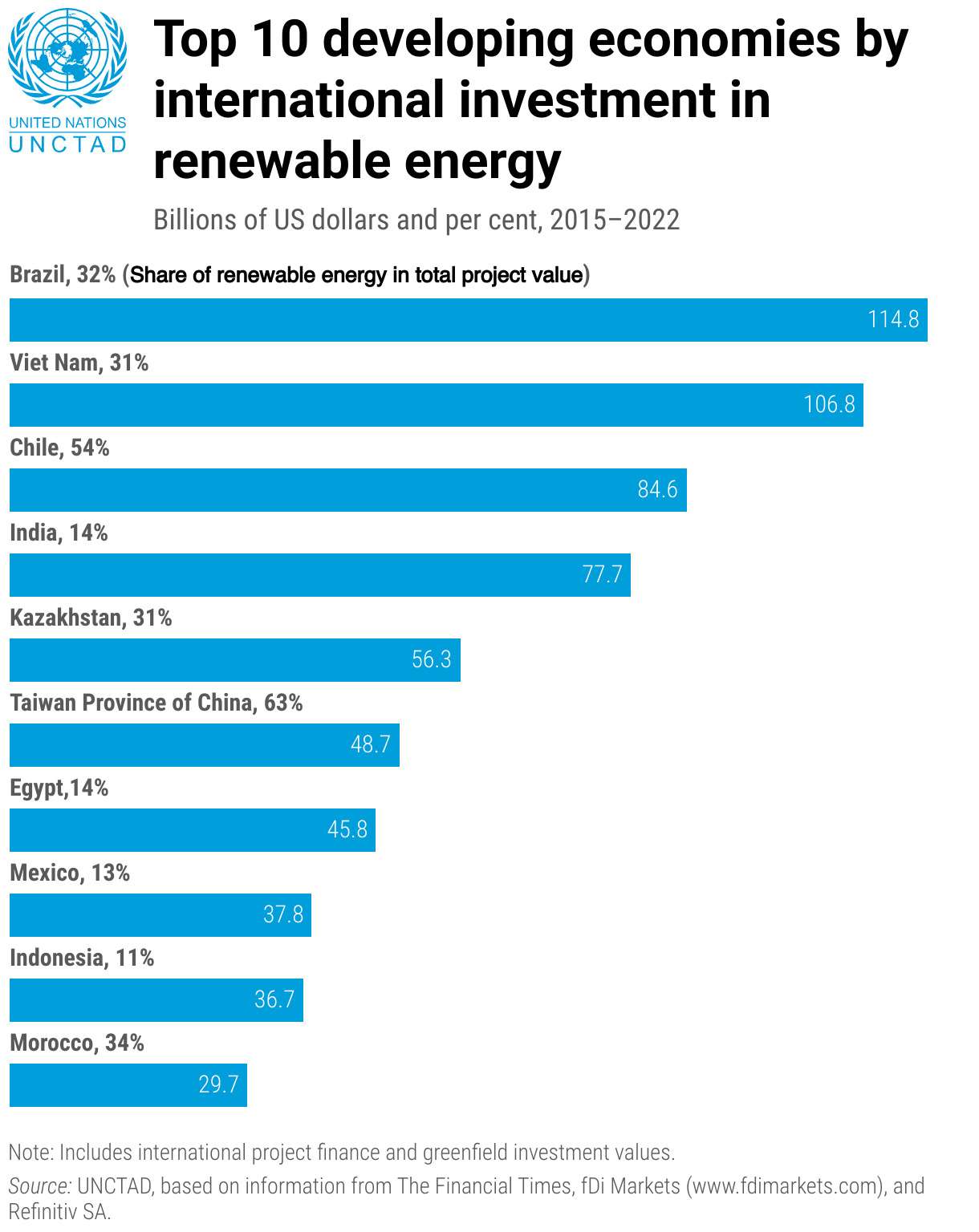Our world is interconnected. Globalisation is the term that explains this interconnectedness. Both emerging and developed economies benefit significantly from increased economic performance due largely to globalisation. As these nations become more integrated into the global economy, they often experience increased industrialisation, urbanisation, and economic growth. This, in turn, leads to higher energy consumption and a greater need for sustainable energy sources. With this growing energy demand, along with energy security concerns and climate change, renewables have emerged as a key player. Renewables reduce a nation’s dependence on imported energy products such as oil and gas. So can growth in renewables really change things?

Source: ACC.PHILLIPS
What is Globalisation and How Does it Support Growth in Renewables?
Globalisation is the process through which nations and their economies become more interconnected. This is a result of flowing goods and services, capital, people, and ideas. Globalisation is crucial for more than just the flow of goods. Consequently, economic globalisation supports the growth of renewables by facilitating investment infrastructure, international trade, and improvement in technology transfer regulations. In addition, international investment in renewable energy generation, including solar and wind, has continued to grow. This is, however, at a slower 8% than the 50% growth recorded in 2021.
According to the Environmental Kuznets Curve (EKC), the increase in GDP per capita tends to increase environmental degradation. In the long term, environmental deterioration decreases as the economy grows further (Sadorsky, 2009). This indicates that a higher real GDP per capita moves the economy towards more sustainable options and an increase in renewable energy consumption. This argument is supplemented by the fact that renewable energy consumption offers efficient solutions to the problem of climate change and energy security. Moreover, emerging economies seem to increase the consumption of renewable energy in the wake of issues of energy security (Peng, 2021).

Source: Pixabay
Even so, challenges still remain. While globalisation can bring in investments and technology, it can also lead to an increase in consumption patterns and energy demands. Developing countries often face financial constraints and technology gaps, which can hinder the widespread adoption of renewables. Additionally, policy frameworks, regulatory barriers, and institutional capacities can affect the pace of adoption of renewables.
moving forward
Globalisation has enabled the transfer of technology, investments, and knowledge across borders. It is also providing developing countries with easier access to renewable energy solutions. International partnerships and collaborations have contributed to the development of renewable energy projects, infrastructure, and capacity building in these nations.
In order to reduce energy poverty, policymakers in developing countries must take advantage of the process of globalisation. They could then lower the cost of renewables and create policies that support households with low incomes living in remote or rural areas to access reliable energy sources. Furthermore, innovating and implementing new climate solutions requires cross-border flows of intangibles. These include intellectual property data and skilled workers. Knowledge and know-how flows have displaced manufactured goods as the driver of global integration.

Why must we focus on Globalisation and Supporting Growth In Renewables?
The sustainability of globalisation may or may not flow in a similar way for all countries. Some countries like the United Kingdom and Japan might experience a better local atmosphere due to the globalisation process, while others like Bangladesh and Mexico can experience a declining and fading environment. However, one thing is certain: globalisation has undeniably brought us a great deal of good. This is evident particularly in its major effect on the growth of renewables, which, in turn, is essential to achieving sustainable development.
As governments continue to prioritise increasing their GDP over the needs of their citizens, the problems that cause poverty are likely to persist. States should concentrate on the well-being of their citizens. In addition, where ‘no one is left behind‘, significant investment (particularly in developing countries) is essential for a sustainable future. A significant increase in investment in sustainable energy systems in developing countries is crucial for the world to reach climate goals by 2030.

Source: UNCTAD
achieving the United Nations Sustainable Development Goals (SDGs) and how they link to Growth in renewables
Sustainable development is about creating a better planet for all. The United Nations has anticipated Sustainable Development Goals (SDGs) for 2030 that highlight the importance of affordable and clean energy. The goals also draw attention to comprehensive and sustainable economic growth and technological innovation. Science, technology, and innovation will particularly always take centre stage to potentially propel developing countries to leapfrog in their SDG achievement.
Continued acceleration in renewables is critical to help keep the door open to limiting global warming to 1.5 °C. Towards a cleaner and more sustainable energy system, improved policies will further accelerate the use of renewables, expand their deployment in transport, industry, and buildings, and narrow the gap to net zero by 2050.
A Thrivable Framework
THRIVE Framework examines issues and evaluates potential solutions in relation to its ultimate goal of thrivability. It is about considering how globalisation and global development are related. With the unequal participation of developing countries in global economic integration, the discussion about globalisation and poverty has heightened.
A big transformation is underway in the energy sector due to climate change, improving energy access and energy security. Policies that tackle inequality within developed nations and promote convergence in living standards between the Global South and high-income nations are both necessary to make globalisation more inclusive.
For more information about modern world globalisation, pathways to global equity, globalisation and inequality, and several valuable resources on clean energy please visit our website. Follow our informative, diverse blog and podcast series and learn about our regular live webinars featuring expert guests in the sustainability field. Sign up for our newsletter for regular updates.























